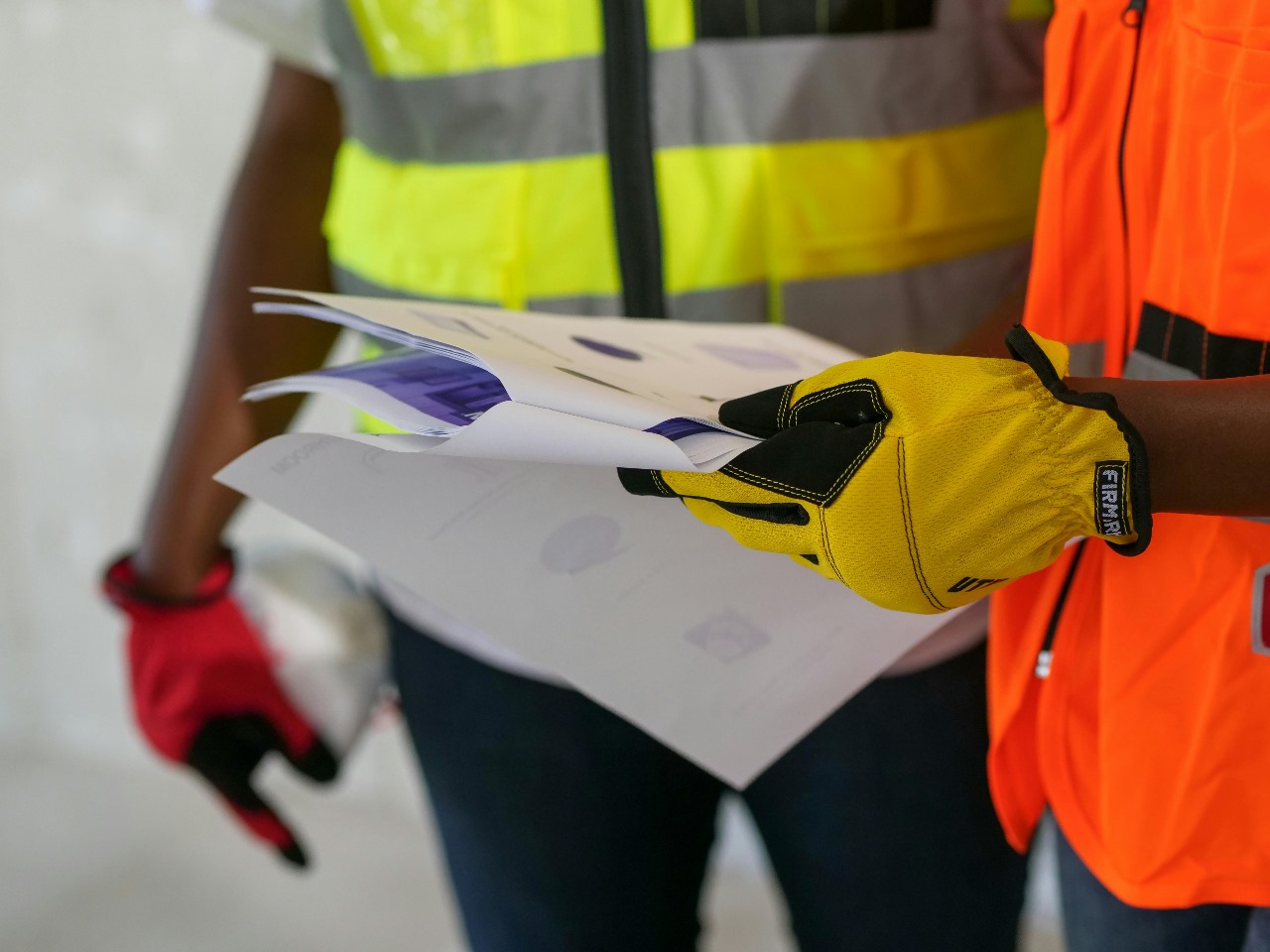Communication is the lifeblood of any relationship. When partners struggle to express their thoughts, feelings, and needs effectively, the connection that once felt strong can begin to erode. Poor communication in relationships doesn’t just result in arguments—it can gradually create emotional distance, leaving partners feeling disconnected, misunderstood, or even lonely within the relationship. At Hearts & Minds Development, we emphasize that understanding the role of communication is crucial to fostering intimacy and long-term connection.
Understanding Emotional Distance
Emotional distance occurs when partners feel disconnected, unsupported, or misunderstood. It’s not always dramatic; often, it develops slowly through unresolved misunderstandings, unexpressed feelings, and missed opportunities for meaningful connection. Couples may physically remain together, yet emotionally drift apart. This distance can manifest as withdrawal, indifference, or avoidance, and is frequently rooted in ineffective communication habits.
How Poor Communication Creates Disconnect
Poor communication in relationships undermines connection in several ways. When partners fail to express themselves clearly or avoid discussing difficult topics, resentment can build silently. Misinterpretations of tone, intention, or meaning exacerbate frustration and create emotional walls. Over time, repeated misunderstandings and unspoken grievances reduce trust and intimacy, leaving each partner feeling isolated despite being together.
Avoidance of Difficult Conversations
One of the main drivers of emotional distance is avoiding tough conversations. Many people fear conflict or rejection, so they suppress their needs and emotions. While this may prevent immediate arguments, it prevents issues from being resolved and fosters growing dissatisfaction. Partners may feel unheard or undervalued, which leads to frustration and emotional withdrawal.
Misinterpretation and Assumptions
When communication is unclear or incomplete, assumptions often take the place of understanding. One partner may interpret silence as indifference, or a brief comment as criticism, leading to unnecessary tension. Over time, these repeated misunderstandings create patterns of emotional disconnection, where each person feels defensive rather than supported.
Lack of Emotional Validation
Relationships thrive when emotions are acknowledged and validated. Poor communication often includes dismissing feelings, minimizing concerns, or responding with defensiveness. When emotions are consistently invalidated, partners stop sharing their inner thoughts, fearing rejection or judgment. This silence deepens emotional distance and erodes intimacy.
The Impact of Emotional Distance
Emotional distance can have profound consequences for a relationship. Couples may experience decreased satisfaction, reduced trust, and diminished physical intimacy. Over time, partners may feel lonely or disconnected, even in the presence of one another. Emotional distance also makes conflict resolution more difficult, as partners struggle to communicate openly and honestly.
Rebuilding Connection Through Better Communication
While poor communication can create emotional distance, effective communication can repair and strengthen the bond between partners. Here are several strategies to bridge the gap:
Practice Active Listening
Active listening helps partners feel heard and understood. By fully focusing on your partner’s words, reflecting back their feelings, and avoiding immediate judgment or response, you demonstrate empathy and respect. This creates a safe environment where emotions can be shared without fear.
Express Emotions Clearly and Calmly
Communicating your feelings with clarity and calmness prevents misunderstandings and reduces defensiveness. Using “I” statements instead of blaming your partner encourages constructive dialogue and helps partners connect emotionally rather than drift further apart.
Prioritize Emotional Validation
Acknowledging and validating your partner’s emotions is key to rebuilding intimacy. Even if you disagree with their perspective, showing understanding and support fosters trust and encourages ongoing communication.
Establish Regular Check-Ins
Scheduling regular opportunities to talk about your feelings, concerns, and experiences strengthens emotional closeness. These check-ins provide a space to address issues proactively and maintain connection before misunderstandings escalate into emotional distance.
Conclusion
Poor communication in relationships is a common yet significant cause of emotional distance. When couples fail to express themselves clearly, avoid difficult conversations, or neglect emotional validation, partners gradually drift apart. Recognizing the signs of poor communication and actively working to improve it can restore intimacy, trust, and connection. At Hearts & Minds Development, we encourage individuals and couples to prioritize open, empathetic, and honest communication. By doing so, relationships can overcome emotional distance and flourish with deeper understanding, stronger bonds, and lasting emotional connection.



